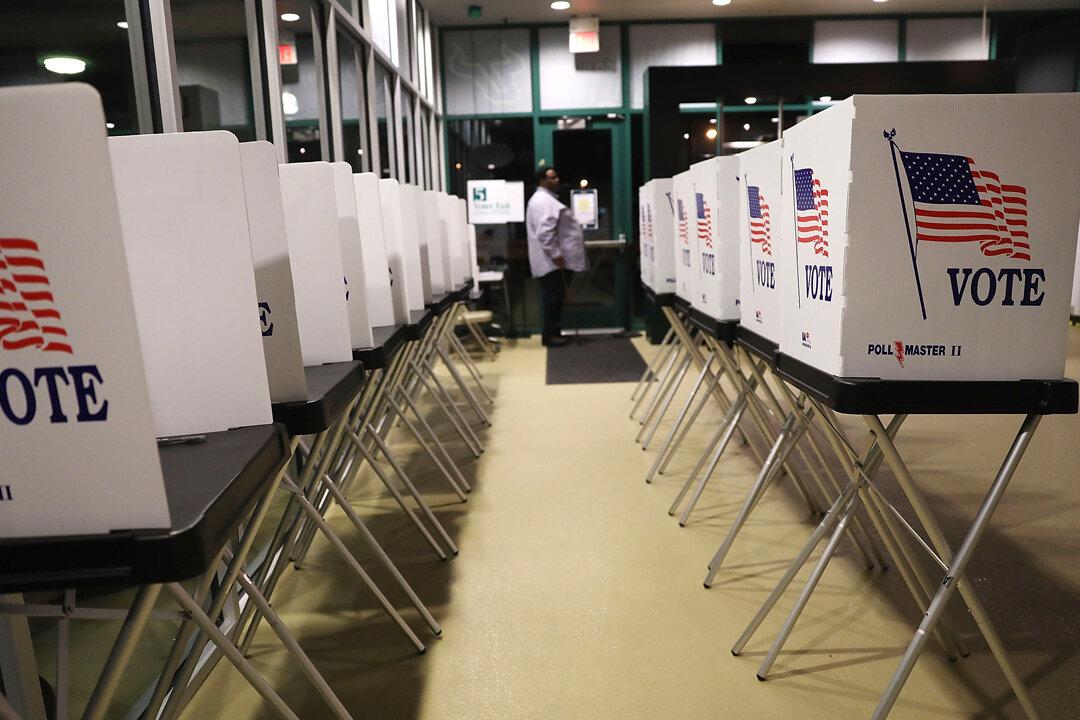A federal appeals court ruled on Wednesday that Florida cannot bar ex-felons from voting over their failure to pay fines and fees related to their sentences.
The three-judge panel of the U.S. Court of Appeals for the Eleventh Circuit upheld a preliminary injunction from a lower court while the case plays out. The lower court’s injunction requires the state to allow the challengers in the cases, a group of 17 ex-felons, to register to vote if they can show that they are unable to pay off any restitution, court fees, and fines—collectively known as legal financial obligations (LFO)—and have completed other requirements.




